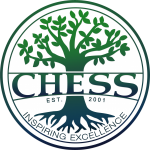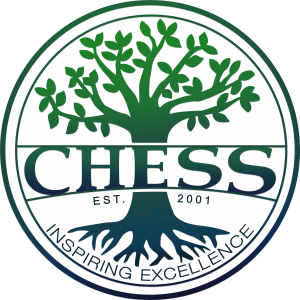Preparation for Language Arts Skills for High School and Beyond
Teacher: John Jenkins
♦ The long-standing belief in the value of language arts:
- AD 401 in “The Confessions of Saint Augustine” – “For those first lessons, reading, writing and arithmetic, I thought as great a burden and penalty as any Greek.”
- 17th century New England – “The curriculum of the common schools may be summed up in the four R’s Reading, Riting, Rithmetic and Religion…”
- 1795, during a speech made at a Board of education dinner, Englishman Sir William Curtis – “From reading and writing comes the idea in modern education of literacy, by which we generally mean having the ability to understand ideas expressed through the medium of words.”
♦ The two undeniable fundamentals of Language Arts:
- Reading: the ability to understand ideas expressed through the medium of words
- Writing: the ability to effectively communicate ideas through the medium of words
♦ Two truths you cannot avoid:
- Your curriculum must emphasize critical reading and effective writing skills.
- Augustine did not like learning these skills. Maybe your students won’t either!
Preparatory Skills for Reading Literature
♦ Read
- encourage daily reading for pleasure (student’s choice)
- require short-term reading assignments – use short stories or novellas, thousands are free online
- require longer-term reading assignments – novels, both classic and popular
- compare book and movie versions of novels
- review and discuss all reading and literature assignments
♦ Experience
- listen to literature
- use a free audio book service via your library
- Audible.com
- Go to community theatre productions
- enroll in a drama class
♦ Skills
- expand vocabulary through reading
- encourage students to mark interesting passages for discussion
- learn vocabulary terms and identify them when reading
- require students to find literary answers to literary questions
- external conflict and themes
- Internal conflict and characterization
Preparatory Skills for Effective Writing
A three-legged stool for a firm foundation.
First leg – academic essays – with a focus on content comprehension and structure, must include a technique called “the 5-paragraph essay.”
Second leg – journalism – with a focus on natural voice, readability and reader interest. Personal journaling or blogging can be an effective alternative.
Third leg – literature short and long answers – with a focus on reading comprehension and analysis on specific literary-focused questions.
♦ Two more truths you must embrace…
- Correct writing (grammar et al.) may not prove to be effective writing – writing that fully accomplishes the goals of the required assignment.
- Effective writing always achieves both the comprehension and the communication goals of the writing assignment.
Basic pre-writing skills
- brainstorming/idea generation – mind mapping
- researching – finding and evaluating quality sources
- organizing – strategies for structuring information
- documenting – paraphrasing and plagiarism
Basic writing skills
- drafting – type paper from a completed writing plan using a standard 5-paragraph essay format
- editing – rewriting to insure paper is simple , concise and direct; read aloud for voice
Basic proofreading skills (always proofread from printed copy, not the screen)
- basic grammar, et al. – punctuation, capitalization, spelling
- Formatting – indents, double spacing, margins, images
- fact checking – names, dates, numbers,
- citations – quotes, paraphrasing, footnotes, Works Cited, Bibliography
CHESS meets at 8730 Sudley Road, Manassas, in the “Rock” building next to Manassas Baptist Church.

About us
Contact
News & Events
f
